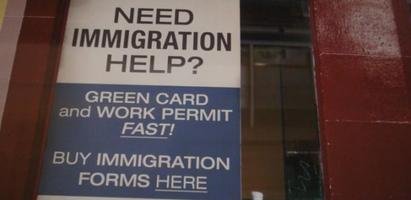On Feb. 14, 2024, President Biden issued a memorandum on DED for Palestinians deferring for 18 months the removal of certain Palestinians present in the United States at the time of the announcement and allowing for employment authorization. Palestinians who enter the United States after Feb. 14, 2024, are not eligible for DED.
Accompanying this announcement is a Special Student Relief notice for F-1 nonimmigrant Palestinian students so that eligible students may request employment authorization, work an increased number of hours while school is in session, and reduce their course load while continuing to maintain F-1 status through the DED period.
The Federal Register notice describes eligible Palestinians and required documentation. It also has more information about DED for Palestinians and how eligible individuals may apply for DED-related EADs.
More Information
For more information on DED, including additional information on eligibility, please visit USCIS’ Deferred Enforced Departure webpage.


















 RSS Feed
RSS Feed